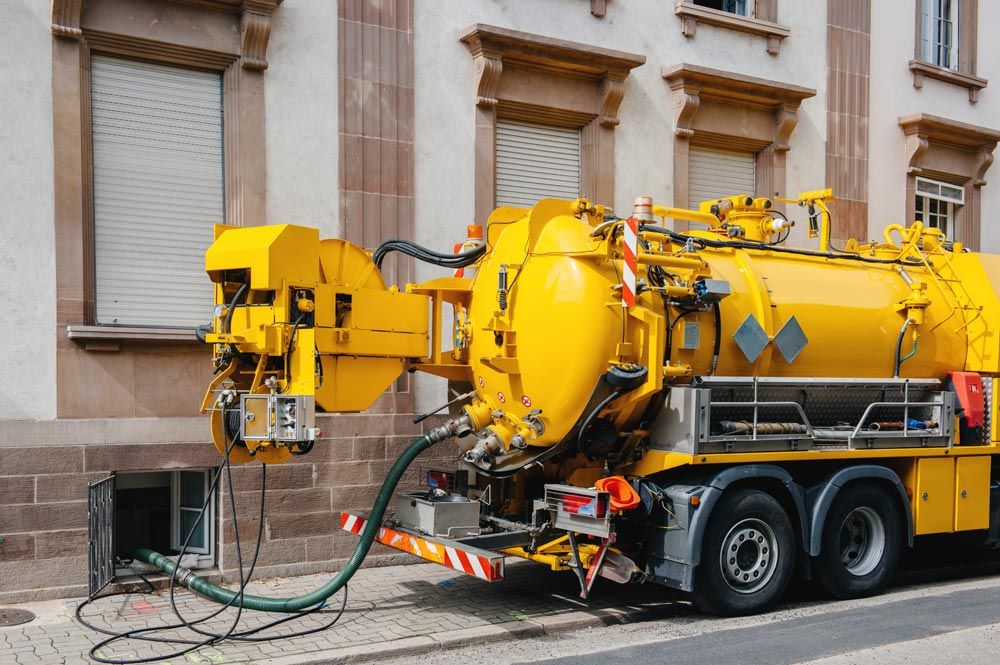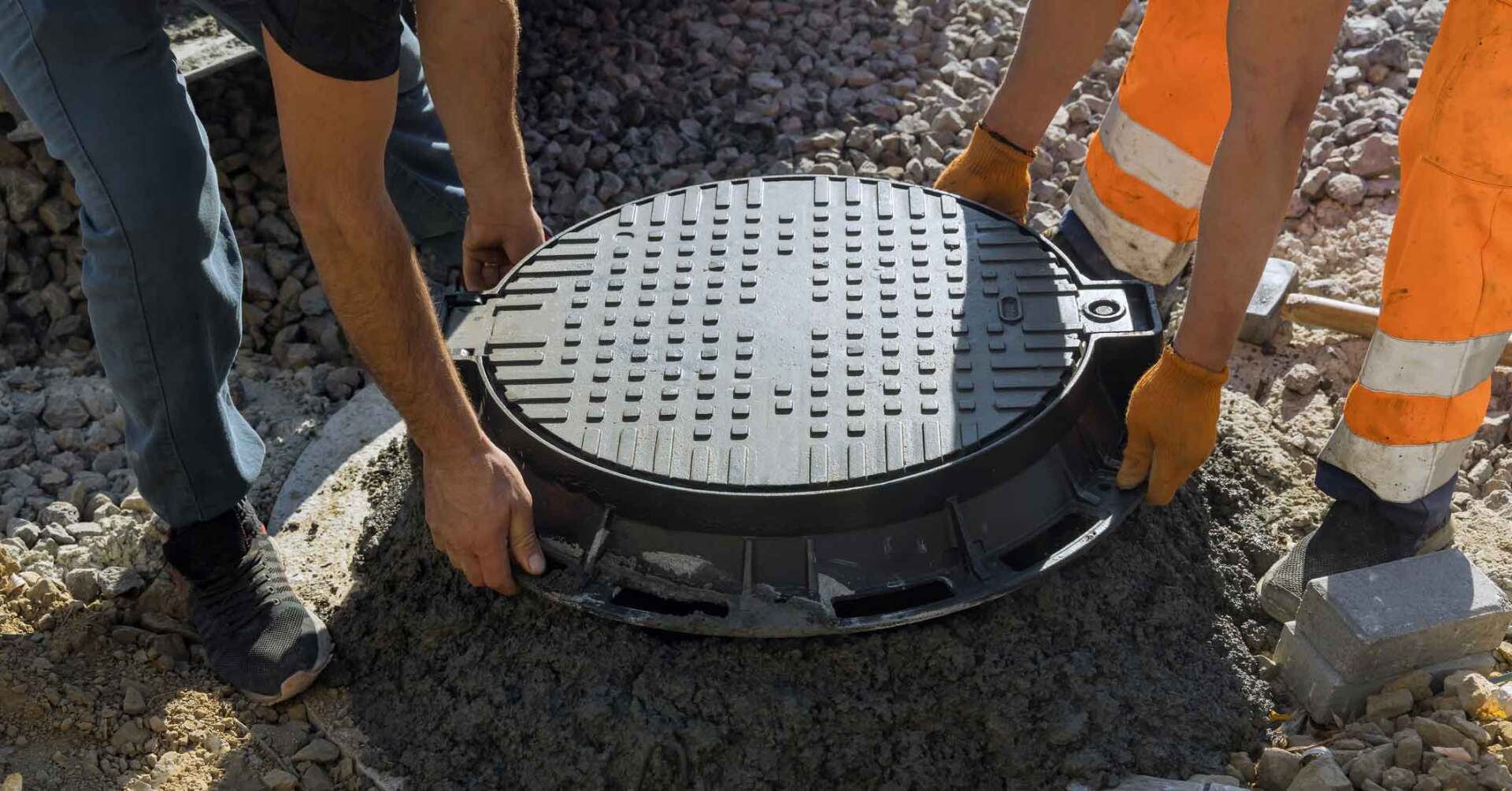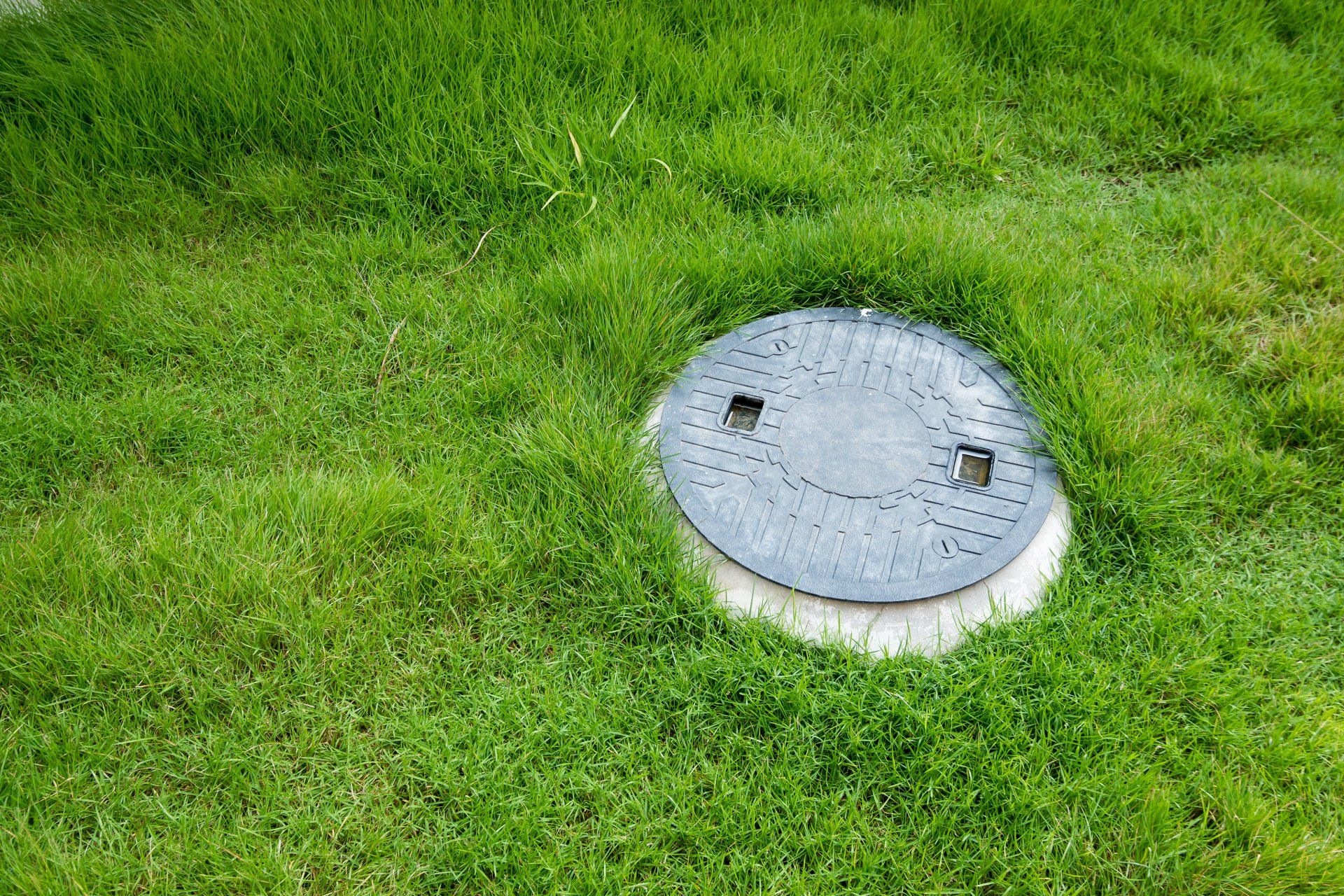A residential septic system can effectively treat wastewater and allow it to be reused or recycled into the natural water cycle. This type of self-contained system does not need to be connected to city or county sewer lines.
Wastewater can flow from a residence into a septic tank, where solid waste sinks to the bottom and lighter sewage floats on the wastewater. After this separation, the wastewater is pumped out of the tank into a drain field to be purified by natural bacteria in the soil and returned to the water table.
Here are some things you should do to allow your residential septic system to work efficiently.
Drain Care
It is best to eliminate all debris before it enters the septic tank system. Materials such as oils, fats, grease and garbage should be disposed of in the trash can and not in the wastewater system.
Monitor all drains to make sure that only wastewater runs through them. If a drain seems slow, flush it with boiling water to melt and dislodge any debris that may be clogging the pipes. Flush a clogged drain several times until it is cleared.
Toilet Care
Never flush any foreign objects, medicines, garbage, grease, fats or chemicals down the toilet. Flushing such items can easily clog a septic system and necessitate additional inspections and pumping sessions. To get rid of these disposable items and substances, package them securely and put them in the trash to be taken to a city dump or county refuse yard.
Precipitation Care
Rainwater, hail and snow should drain from the roof of a house into a series of gutters. This runoff can be collected in rain barrels and released through a hose or irrigation pipe to a place on the property other than a septic system drain field. In this way, the system will not fill with leaves, sand and other debris from the roof.
Laundry Care
To be energy efficient, only wash laundry in a washing machine when there is a full load. Waiting for a full load will save water and eliminate an influx of detergent into the septic tank, where the detergent can mix with wastewater and loosen solid waste and sewage.
Septic Tank Care
Depending on the amount of wastewater being used, a residential septic tank should be pumped of solid waste and sewage every three to five years. This job is best done by a professional septic tank maintenance company that can clean the tank and control the toxic gases inside.
Drain Field Care
After a professional pumps the septic tank, they can test the drain field to see that the water in the soil is clean. If there is standing wastewater in the field, the professional may need to install more underground pipes to disperse the water. If the maintenance professional finds traces of waste or sewage in the drain field, then you may need to have your tank pumped more frequently.
It is best to keep a drain field free of trees and to plant grass to prevent soil erosion. Trees have elaborate root systems that can interfere with holes in the drainpipes, so you don’t want them near your septic system. However, you can still plant trees relatively nearby, where they can benefit from the water that seeps through the soil into the water table without interfering with your septic system.
Maintenance Records Care
Keep an accurate record of all septic system pumping dates and the dates and descriptions of any and all problems that occur. When you look back over these dates and the procedures that were performed, you can adjust your maintenance schedule to make your system more efficient and economical.
When it is time to inspect and pump your septic tank or to install a new septic tank system,
contact The Nibbler Company. Our expert technicians will pump the septic tank and test the drain field to make certain that both are scaled for the amount of wastewater runoff on your property. If a problem is found, we can fix it on a schedule that is convenient for you and stays within your budget.





